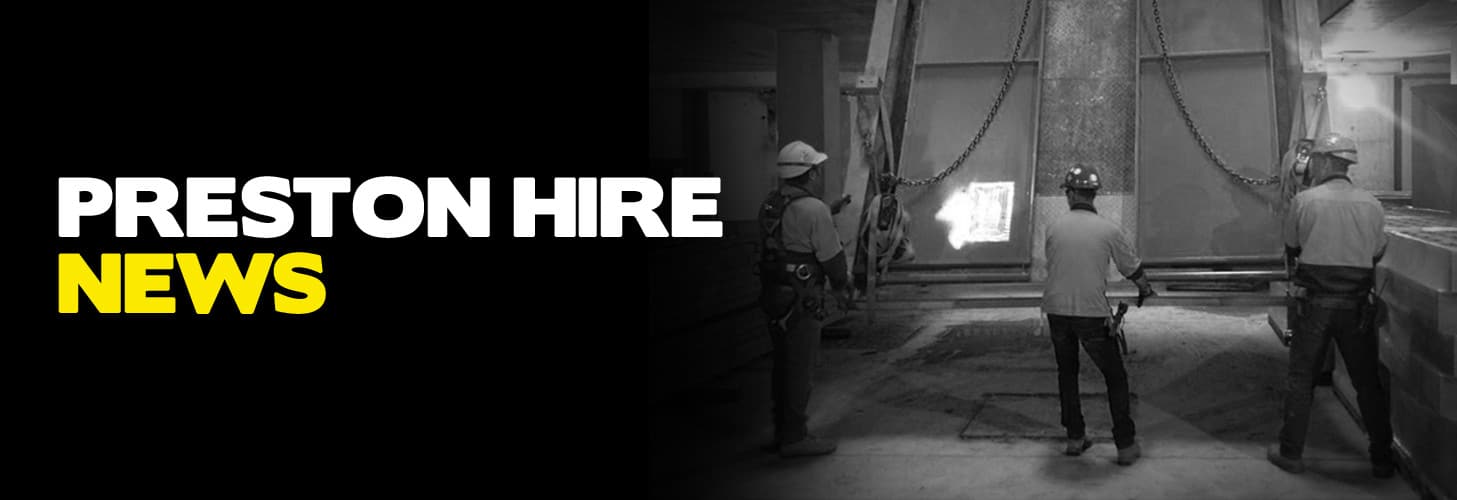

When it comes to construction, there are many different safety procedures and responsibilities staff will undertake depending on what they are doing. As someone who uses heavy machinery, crane operators have especially important duties and responsibilities they must ensure are followed at all times.
In this blog, we will be going over the main duties of a crane operator and the safety precautions you must take to ensure you are performing to safe standards.
The primary duties of a crane operator concentrate around lifting and moving heavy objects or materials around construction sites, docks, mines or any other relevant work site. Crane operators must have a licence, which can be a worthwhile endeavour for construction workers to consider becoming qualified for as it opens up more career doors in the industry.
Training to become a crane operator can take 1-2 years (see careers.govt.nz for more info). Crane operators are required to renew a crane licence every 5 years in order to continue operations.
With the before part covered, let’s look at what responsibilities come after you’ve gotten your licence and are now able to operate a crane.
Crane operators will be required to drive cranes to job sites themselves in most circumstances and will have the added responsibility of setting up the crane and completing all necessary checks to ensure it is ready to be operated. This means checking the cranes air, water, oil, fuel and lifting equipment. Checking the crane is secure is a huge responsibility as this can become a major safety breach if the crane hasn’t been properly secured.
They will also have the responsibility of creating lift plans before jobs are carried out. Lift plans are carried out before lifting any materials. Go over all the necessary safety precautions as well as looking for any potential safety risks that may occur from lifting certain weights. As an expert, it is expected that the crane operator will have vast knowledge and means of calculating risks and will know of all safety regulations and rules which govern cranes.
The crane operator will need to be precise with their operating, as they need to grab, lift and place very heavy materials at different locations. They’ll need to avoid making mistakes which could injure someone if they place it for example, too close to an edge. To overcome this, it’s helpful to follow directions from team members on the ground who can see and direct what they are doing if needed. This will be done either by a walkie talkie or by hand signals. When it comes to rigs, the crane operator will also need to know how to prepare and rig/attach loads for lifting.
Other than these duties, crane operators will likely work irregular hours, such as nights and weekends. Because of this, it may not be the role for everyone. Location wise, crane operation roles can be indoor or outdoor, such as construction sites, wharves and even warehouses. When working outdoors, most weather conditions can be worked in except high winds, heavy rain and thunderstorms – the latter being one of the most dangerous weather conditions to be operating a crane in.
The role of a crane operator isn’t an easy one, and now that you understand the duties of a crane operator, you should have a better understanding of the knowledge and responsibility these experts have.
Have any more questions? Feel free to get in contact today, our friendly team would be happy to help!
SERVICES
SAFETY
About
NEWS